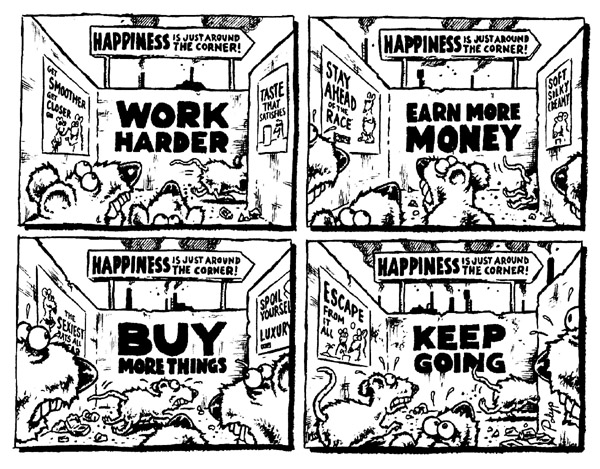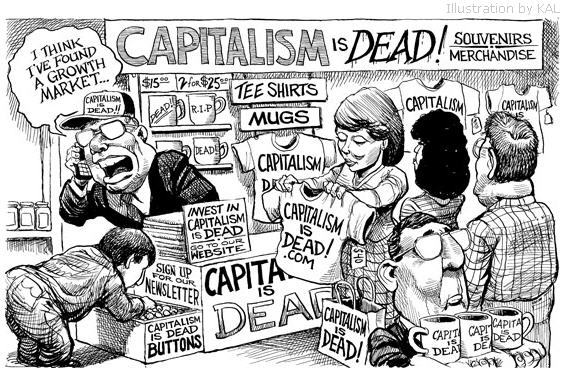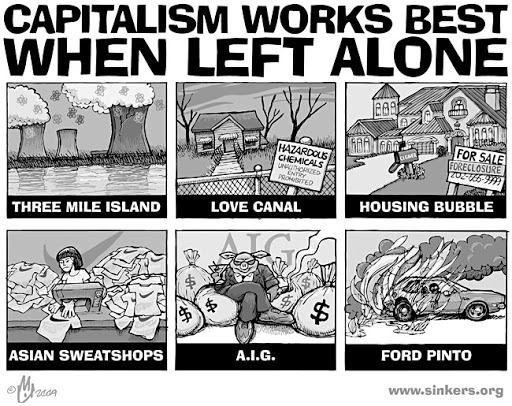-
#Art by Nigerian painter Abiodun Olaku (born 1958)
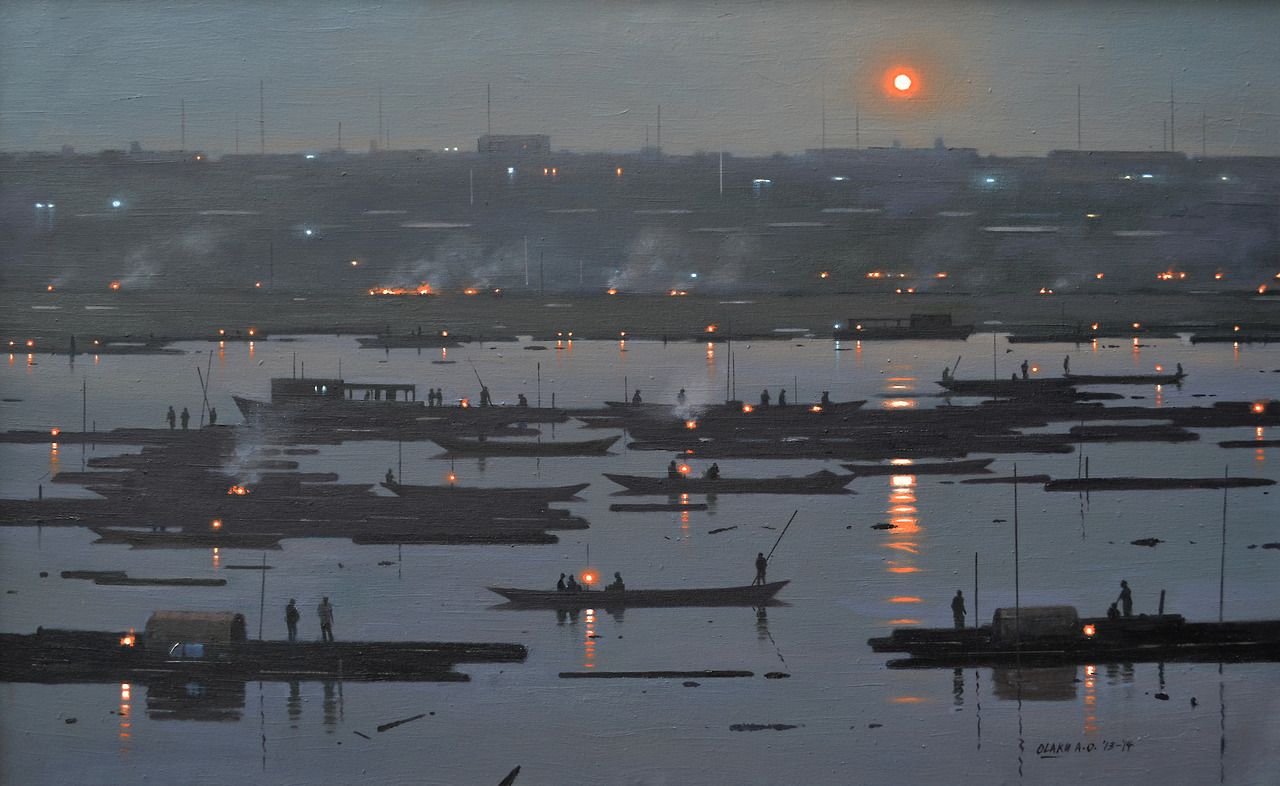
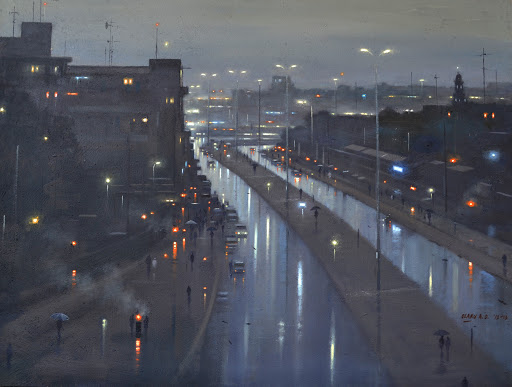
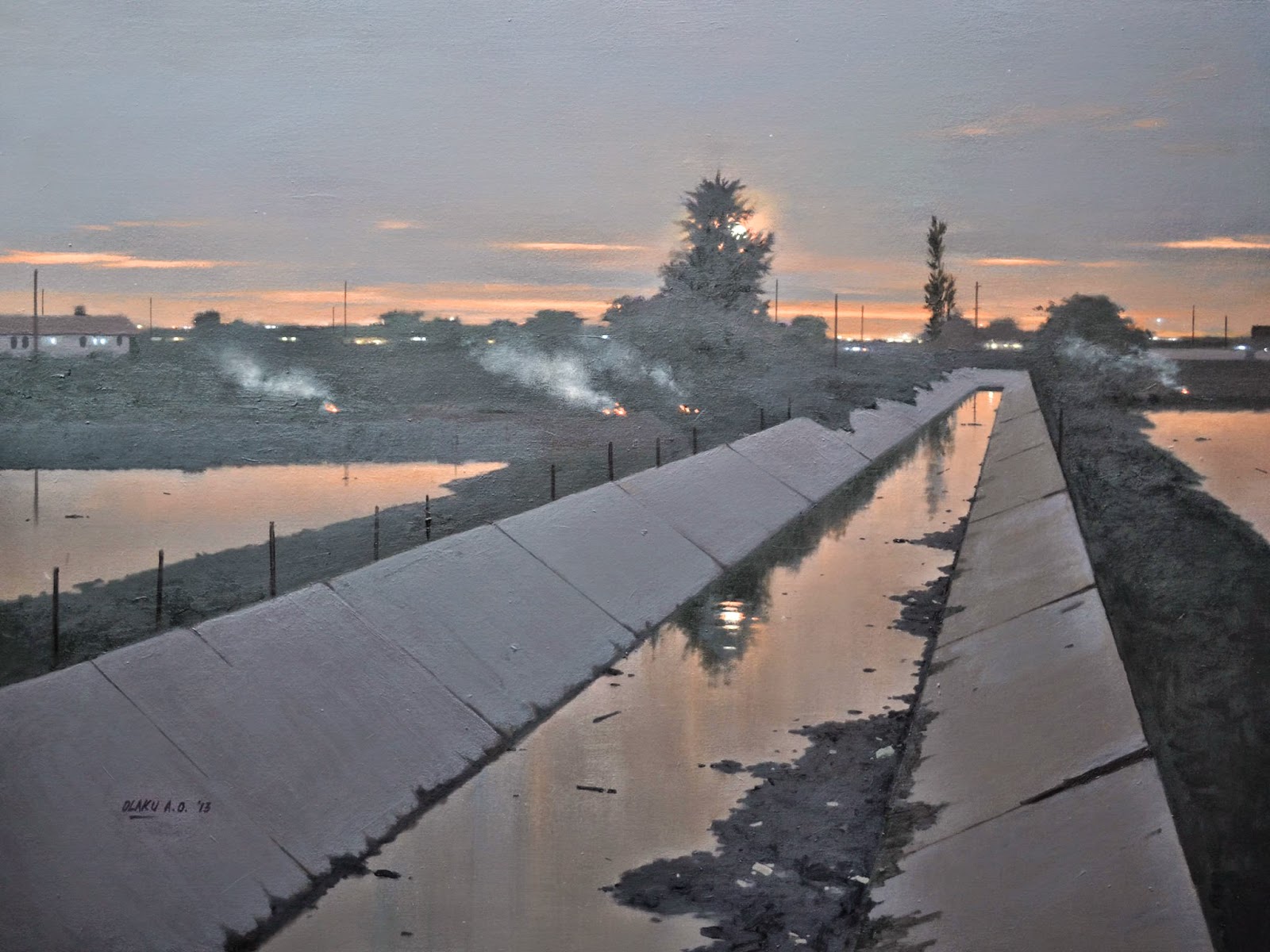
-
German state bans Office 365 in schools, citing privacy concerns
Schools in the German state of Hesse will no longer be able to use Microsoft’s Office 365 thanks to the EU’s GDPR rules, the state’s data protection commissioner has ruled. The Next Web reports that the issue arose after Microsoft closed its German data center in August last year, creating the potential risk for its users’ data to be accessed by US authorities. Cloud solutions from Google and Apple are also affected.
-
Scientists monitored brains replaying memories in real time - NIH study suggests our brains use distinct firing patterns to store and replay memories.
-
"As a general trend, we’re not getting faster software with more features. We’re getting faster hardware that runs slower software with the same features" - Software Disenchantment (via)
-
Studies Show Fracking Ban Would Wreak Havoc On US Economy

A new study from the American Petroleum Institute (API), with modeling data provided by the consulting firm OnLocation, details how a nationwide ban on hydraulic fracturing (colloquially known as “fracking”) could trigger a recession, would seriously damage U.S. economic and industrial output, considerably increase household energy costs, and make life much harder and costlier for American farmers. API argues that a fracking ban would lead to a cumulative loss in gross domestic product (GDP) of $7.1 trillion by 2030, including $1.2 trillion in 2022 alone.
-
Organic molecules discovered by Curiosity Rover consistent with early life on Mars
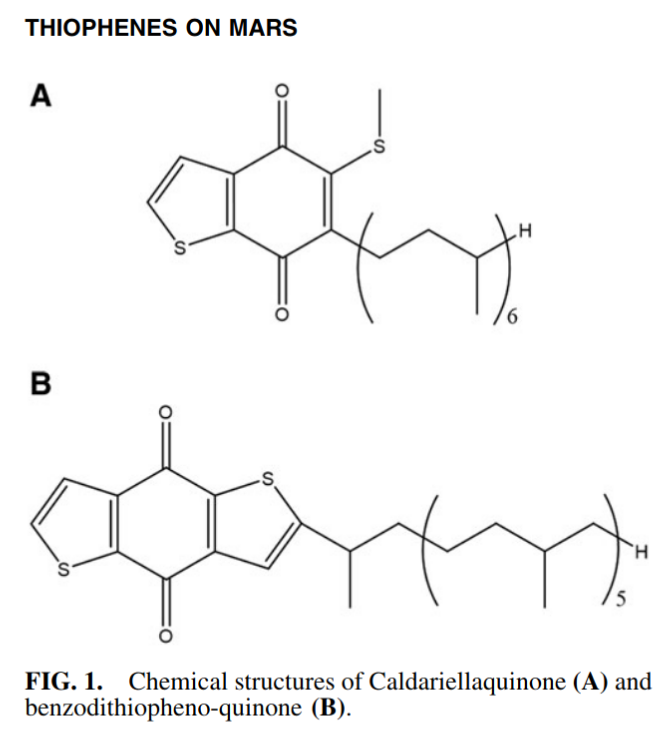
Organic compounds called thiophenes were recently discovered on Mars, and a new study published in the journal Astrobiology thinks their presence would be consistent with the presence of early life on Mars. Phys.Org reports: "We identified several biological pathways for thiophenes that seem more likely than chemical ones, but we still need proof," Washington State University astrobiologist Dirk Schulze-Makuch said. "If you find thiophenes on Earth, then you would think they are biological, but on Mars, of course, the bar to prove that has to be quite a bit higher."
-
Discovering the Brain’s Nightly “Rinse Cycle” - by Dr. Francis Collins
Getting plenty of deep, restful sleep is essential for our physical and mental health. Now comes word of yet another way that sleep is good for us: it triggers rhythmic waves of blood and cerebrospinal fluid (CSF) that appear to function much like a washing machine’s rinse cycle, which may help to clear the brain of toxic waste on a regular basis. The video above uses functional magnetic resonance imaging (fMRI) to take you inside a person’s brain to see this newly discovered rinse cycle in action. First, you see a wave of blood flow (red, yellow) that’s closely tied to an underlying slow-wave of electrical activity (not visible). As the blood recedes, CSF (blue) increases and then drops back again. Then, the cycle—lasting about 20 seconds—starts over again.
-
The GNU Manifesto - by Richard Stallman (1985)
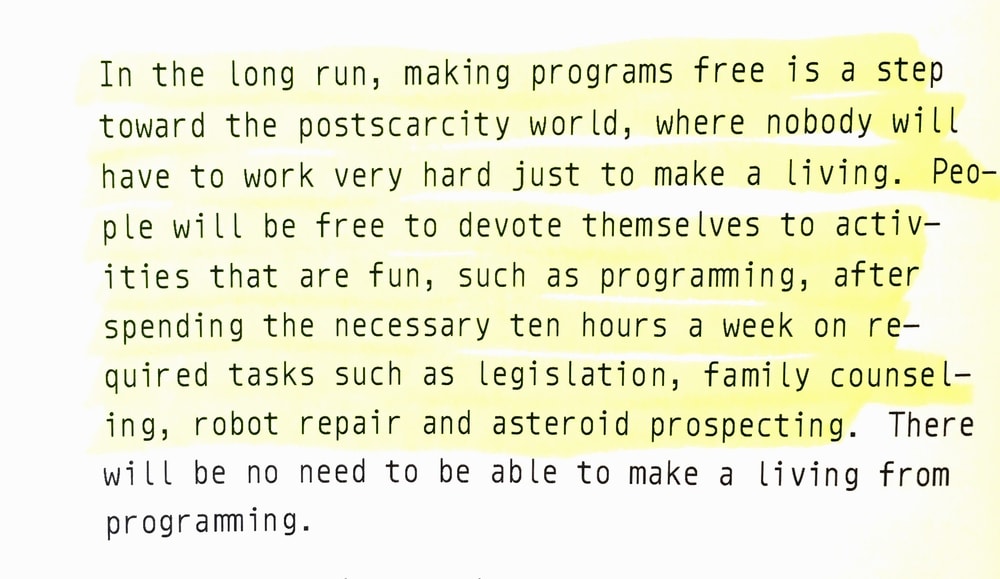
The GNU Manifesto opens with an explanation of what the GNU Project is, and what is the current progress in creation of the GNU operating system. The manifesto lays a philosophical basis for launching the project, and importance of bringing it to fruition — proprietary software is a way to divide users, who are no longer able to help each other. Stallman refuses to write proprietary software as a sign of solidarity with them. (via)
30 years of the GNU manifesto written by Richard Stallman - by phoneia
-
Revolution OS - Documentary about Open Source
-
Open Letter to Hobbyists - by Bill Gates (1976)
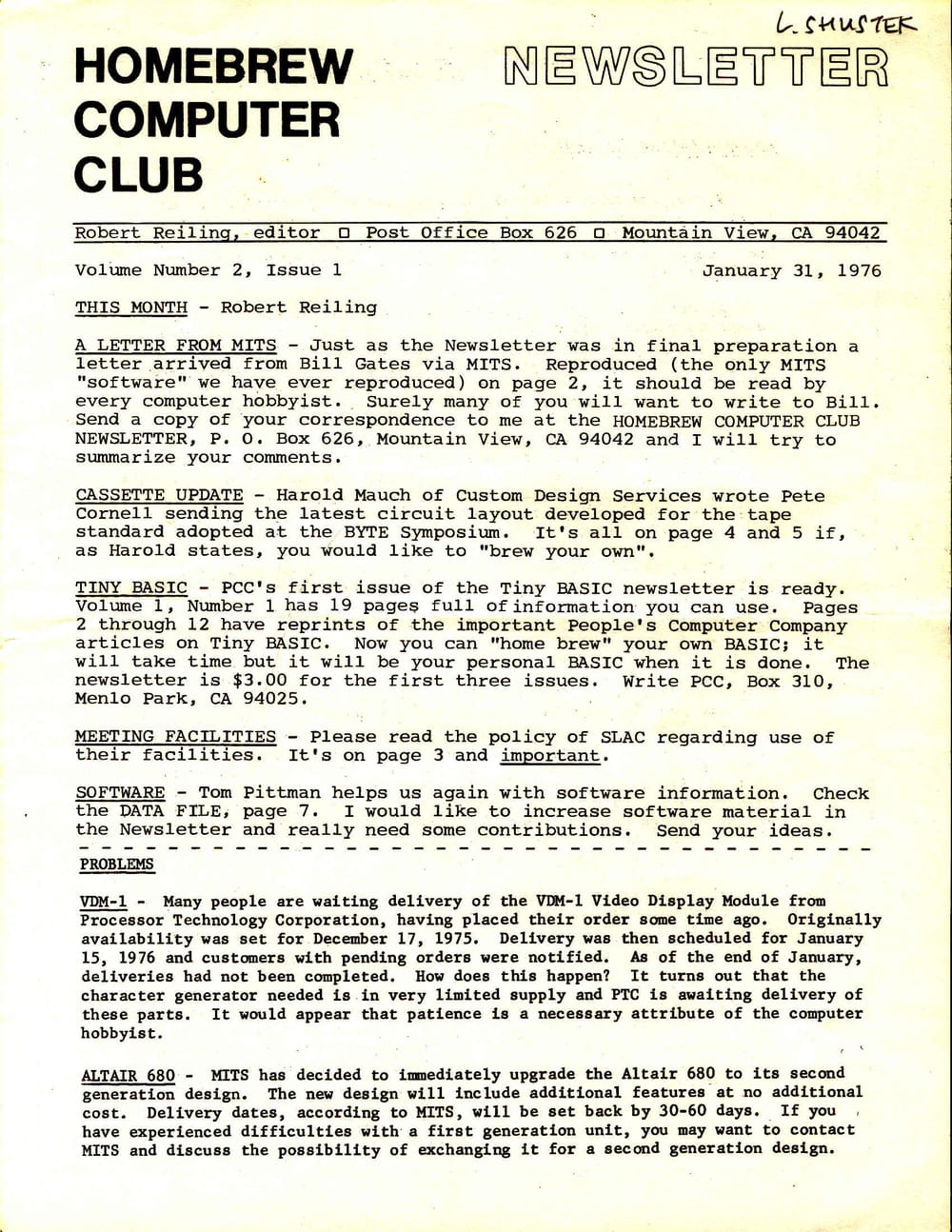
The Open Letter to Hobbyists was a 1976 open letter written by Bill Gates, the co-founder of Microsoft, to early personal computer hobbyists, in which Gates expresses dismay at the rampant software piracy taking place in the hobbyist community, particularly with regard to his company's software. In the letter, Gates expressed frustration with most computer hobbyists who were using his company's Altair BASIC software without having paid for it. He asserted that such widespread unauthorized copying in effect discourages developers from investing time and money in creating high-quality software. He cited the unfairness of gaining the benefits of software authors' time, effort, and capital without paying them.
-
The Rich Are Preparing for Coronavirus Differently (NYTimes) - "Concierge doctors, yachts, chartered planes and germ-free hideaways."
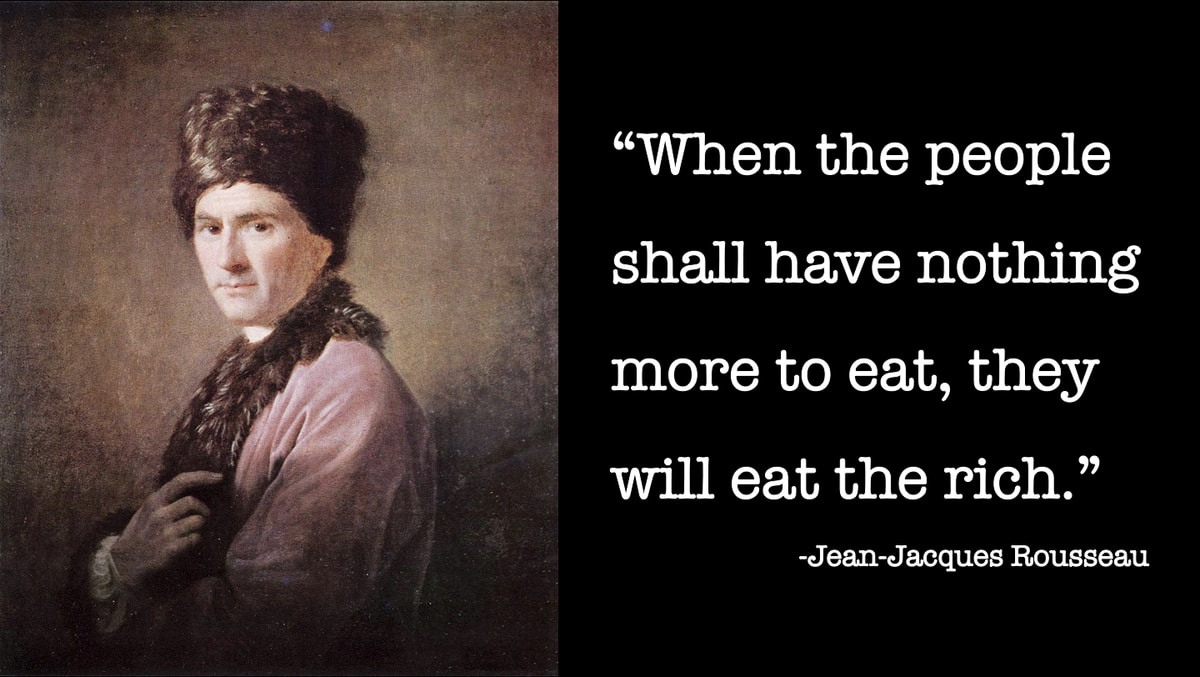
-
What if your steak came from the greenhouse instead of the slaughterhouse?
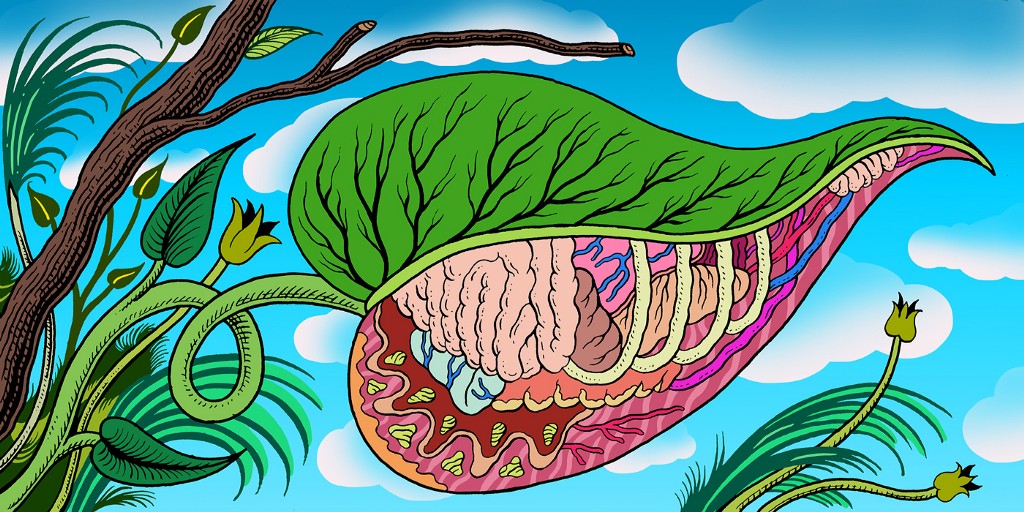
To make meat out of animal cells but no actual animals, you have to solve a big (meaty!) problem: Where do you grow the stuff? Though it might sound like a vegetarian’s nightmare, the answer could be to produce the meat on plants. Glenn Gaudette, a professor of biomedical engineering, is growing cow muscle cells on spinach leaves.
-
Godzilla and other kaijus - #Art by Amir Kameron
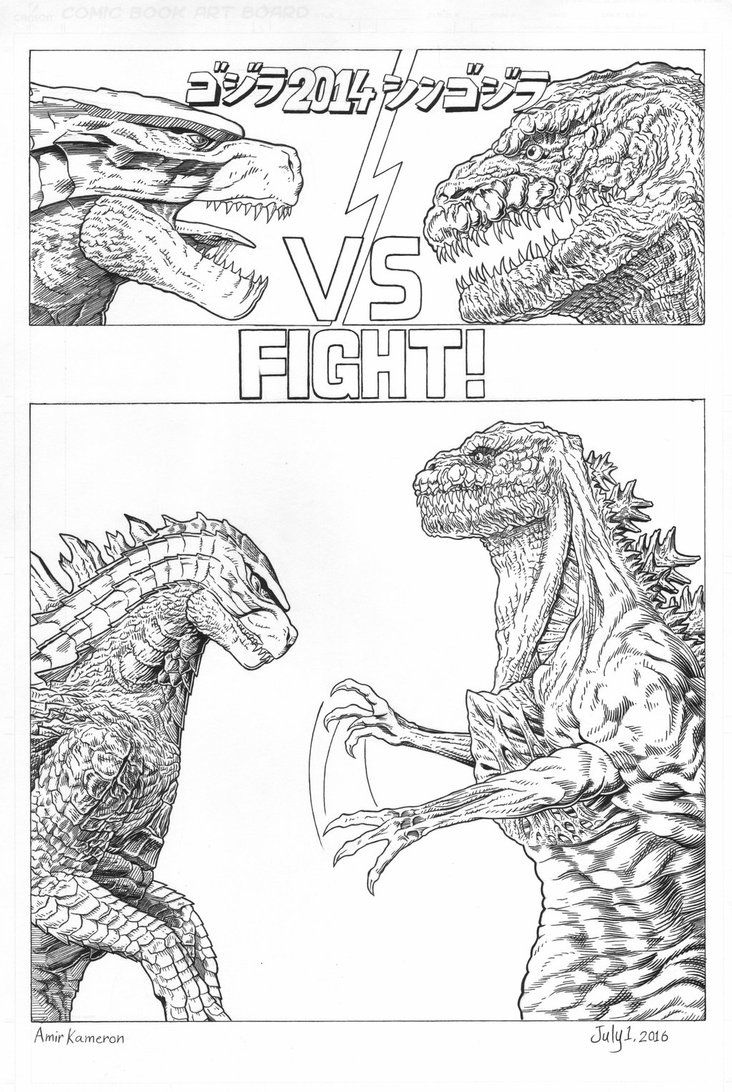
-
How to Fix Democracy - Interview with Constanze Stelzenmüller
"Dr. Constanze Stelzenmüller is a German citizen with connections to the deep state/intelligence community. She has worked as a newspaper editor, leader of the Berlin office of the very CIA-close foundation German Marshall Fund of the United States, and from 2014, she works for the US Brookings Institution." (wikispooks)
-
How to take advantage of Coronavirus - by Stop Zona-M

Apart from its embarrassing fragility, and even ignoring environmental issues, the main products of the current economy are, in many parts of the world, increasing inequality, precariousness and stress levels. Too many people live as hamsters in a wheel, and what for?
-
“In conclusion, there is no conclusion. Things will go on as they always have, getting weirder all the time.” - Robert Anton Wilson
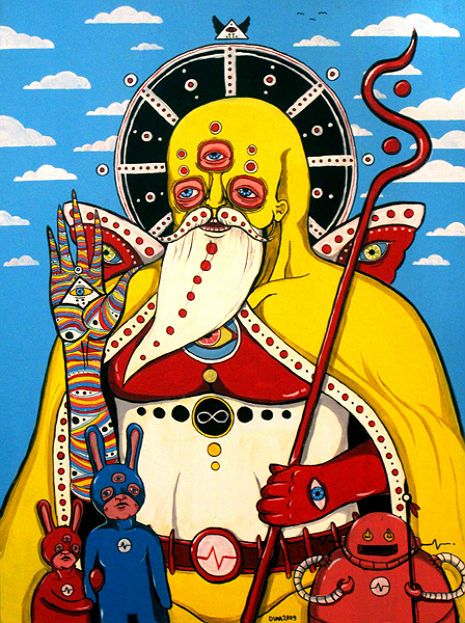
-
‘Pandemic’ on Netflix: How to Prevent an Outbreak
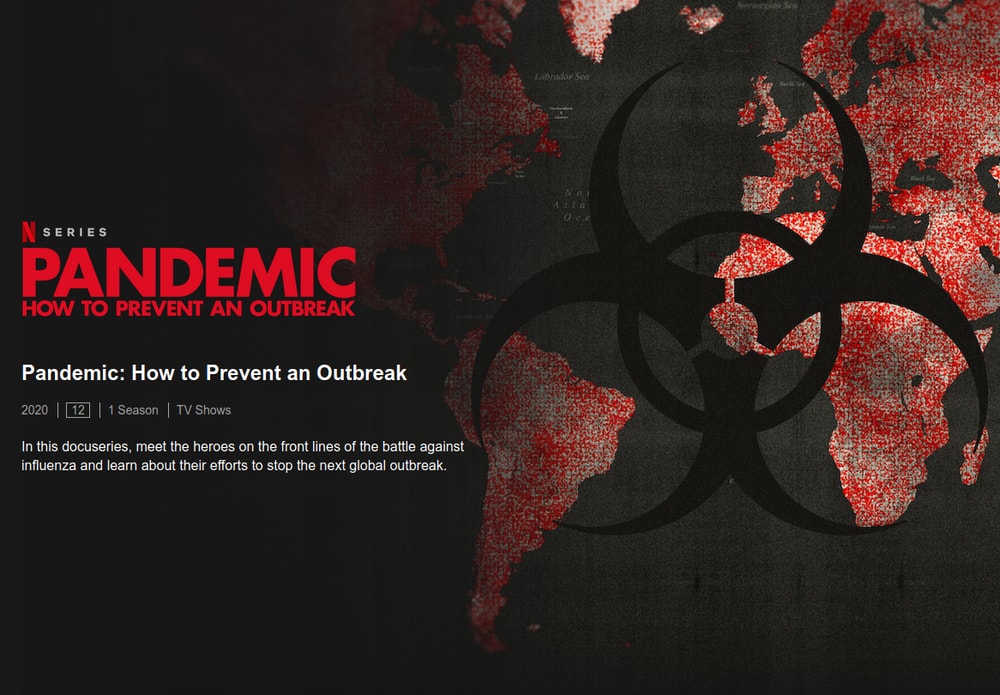
From this seemingly never-ending news cycle to the results of the Event 201 simulation, it seems like everything having to do with the Coronavirus outbreak is plagued with uncertainty. But there is one, definite historical event people are pointing to explain their concern about how a global outbreak may happen: the 1918 flu. If you’re looking for a deep dive into this previously little discussed bout of mass disease, look no further than Netflix’s chilling docuseries Pandemic: How to Prevent an Outbreak. (Trailer)

